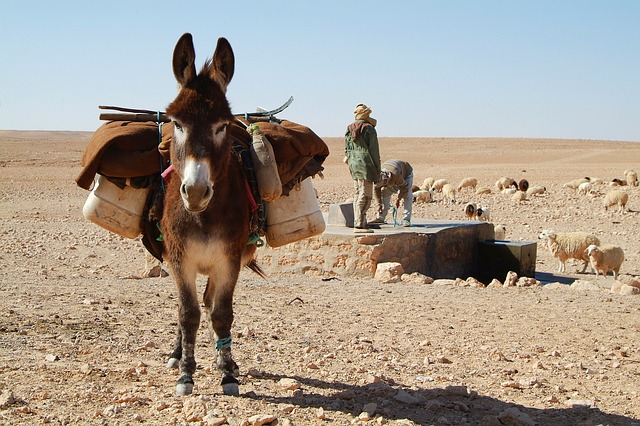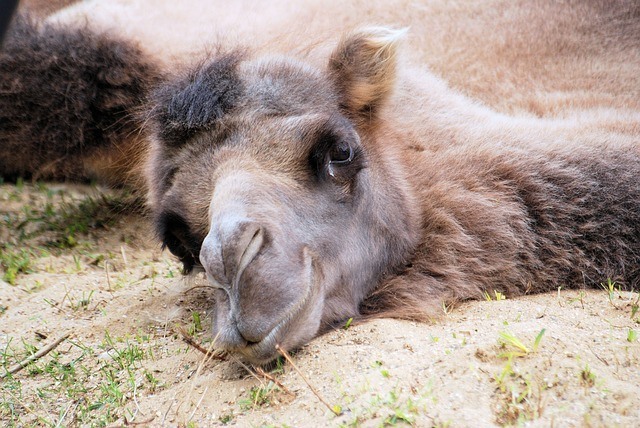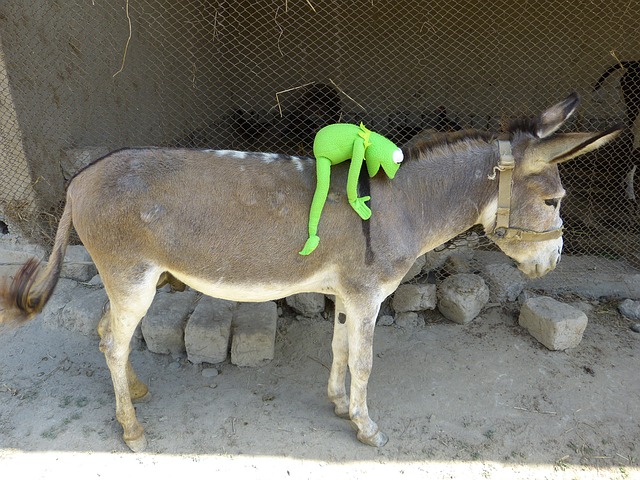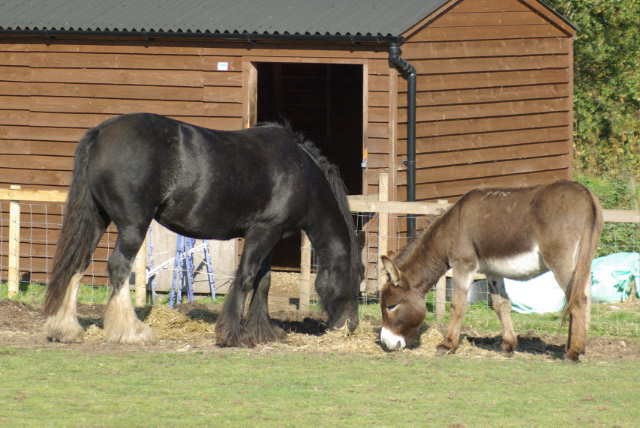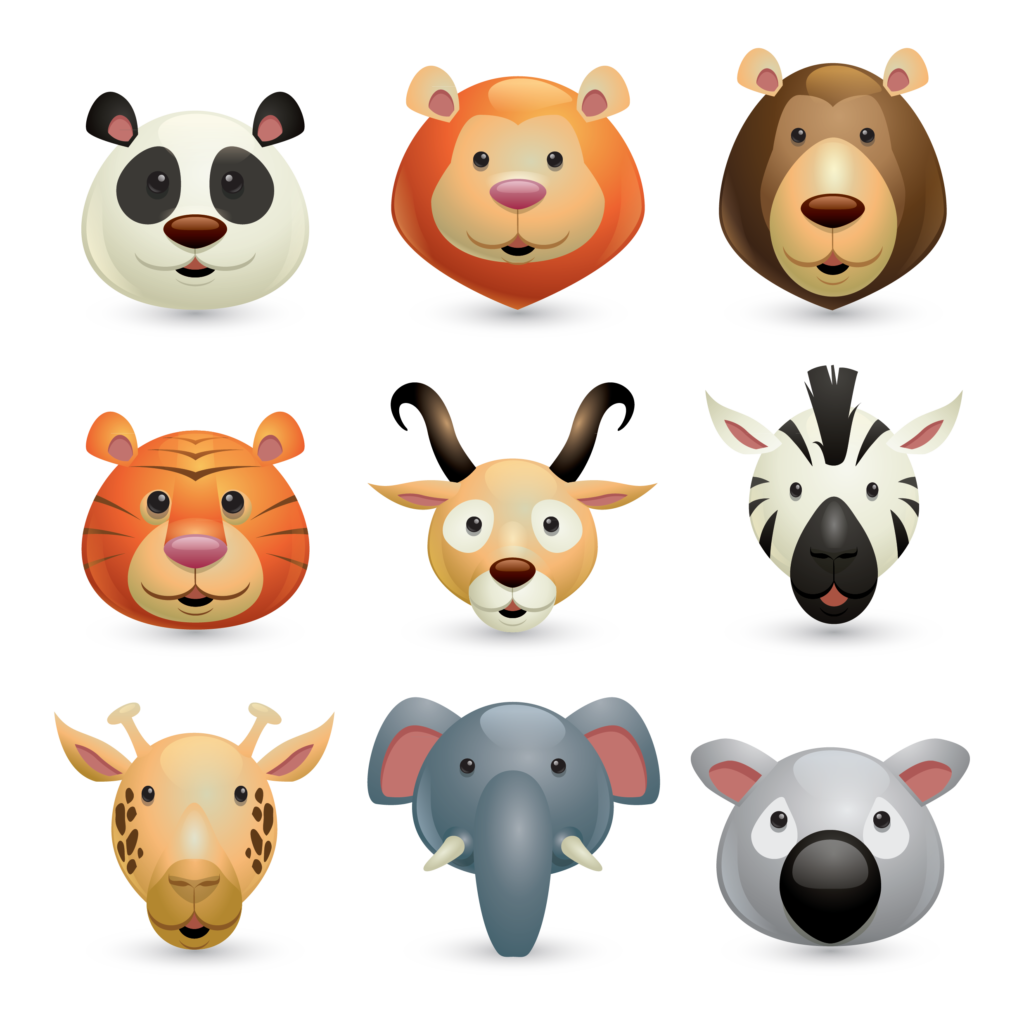Donkey Facts for Kids
This animal is well known for being a sturdy and hard worker, but many people don’t realize that donkeys can be quite interesting.
Although most people only seem to notice donkeys when they’re pinning the tail on them at birthday parties, this animal is full of fun and interesting facts.
There is a lot more to donkeys than their unique “hee-haw” neigh and their clunky hooves.
Read more about the donkey below to learn new facts about this dependable creature to share with your friends and family.
Where do they live?
Donkeys can be found in a number of different geographical locations, mostly due to their domestication. In ancient times, they were typically found in places like central Asia and northern Africa.
There they had become very accustomed to warm and dry climates. Today donkeys can found in many others places, with an estimated 40 million of them roaming worldwide.
There are more than 40 million donkeys worldwide. China, Ethiopia, Pakistan, Egypt, and Mexico have the most donkeys of any area in the world.
Donkeys get their reputation for being dependable mostly due to the fact that they’re often used as work donkeys.
Many donkeys are used in developing countries as methods of commute and transportation of goods and services.
In these countries, donkeys take the place of cars and other transportation options.
What do donkeys eat and drink?
Donkeys eat a lot of straw and hay (sometimes up to 5 percent of their body weight in one day).
Donkeys may be prone to overeating when it comes to lush grasses, so pet owners and owners of work donkeys should pay close attention.
Obesity due to overeating is a real threat to the health of many donkeys. These are grazing animals, so eating too much is certainly a possibility!
Donkeys have a low water requirement per unit of bodyweight, lower than any other domesticated animal except the camel.
They are also rather picky about the water they drink, sometimes even denying water for being too dirty.
What do they look like?
Donkeys have obvious similarities to horses and ponies in their appearance – however, they are not completely similar.
Donkeys have smaller hooves, are typically smaller in stature, and have stiffer, bristlier manes instead of lone flowing manes.
Donkeys also have longer ears while horses have longer faces.
Although donkeys can easily vary in size, the typical donkey can be 31 to 63 inches in height and can weigh anywhere from 180 to 1,060 pounds.
I don’t think you’ll be picking up one of these guys anytime soon!
Fun Facts About Donkeys
Donkeys can form extremely close bonds with other donkeys. Horses and donkeys are both naturally social creatures.
However, donkeys prefer to connect with one or two of its kind, while horses have a herd mentality (meaning they like to hang out in groups).
They can become extremely distressed with a close friend has been moved away from them.
Believe it or not, donkeys are very intelligent. They have excellent memories and can remember places very well.
The infamous donkey reputation for stubbornness (hence the phrase “stubborn as a mule”) comes from a natural ability in donkeys to reason and consider situations carefully before acting.
They are also difficult to startle, unlike horses, who they are often compared to.
That signature donkey “hee-haw” sound is actually quite helpful for these animals.
A donkey can hear another donkey in the desert from 60 miles away thanks to that sound and their large ears.
Believe it or not!
Believe it or not, donkeys have been used as guard animals for sheep and cattle. Donkeys have an aversion to dogs and can keep a flock safe from them.
Believe it or not, since 2005, traveling donkeys in Britain have been required to have a passport.
Believe it or not, donkeys in a herd will groom each other just like monkeys and chimpanzees do!



